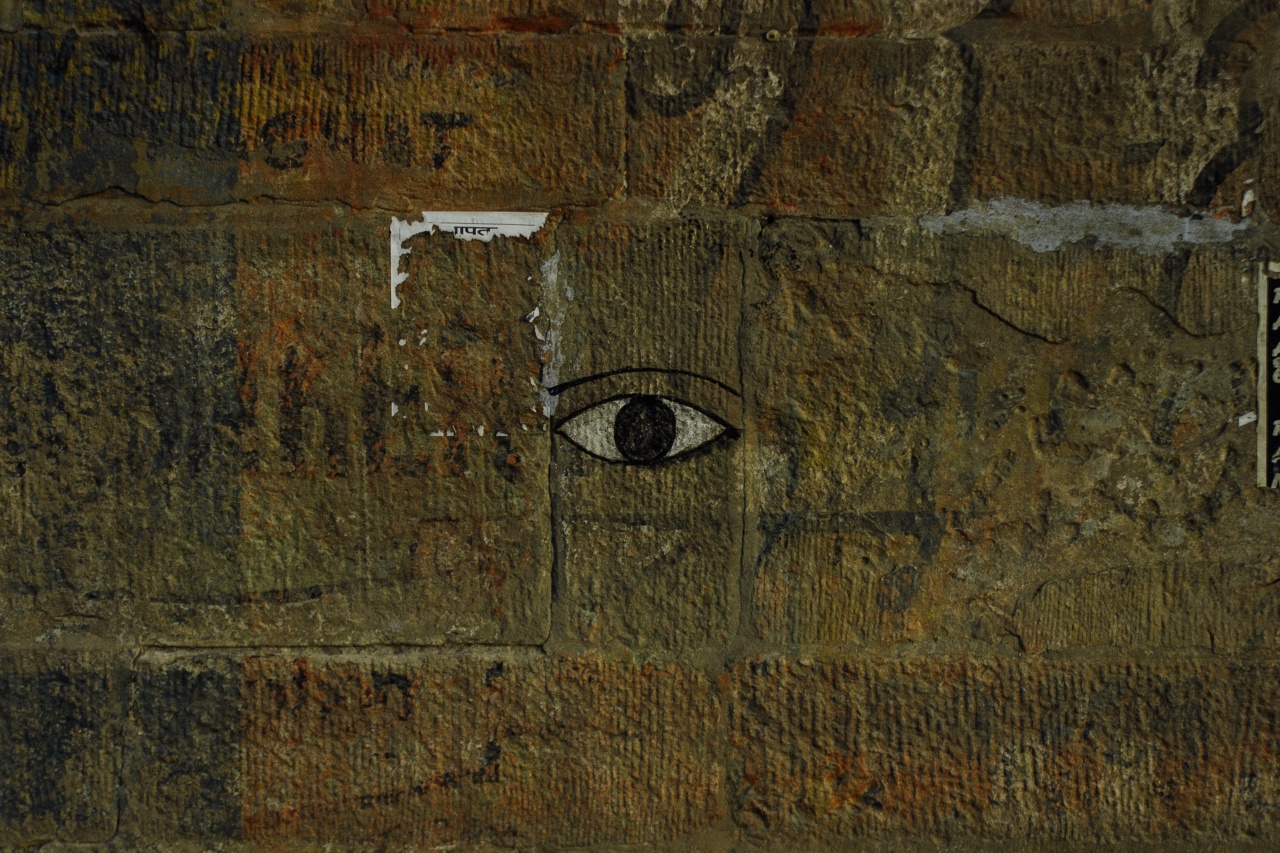Bengali, also known as “Photokeratitis” or “Snow Blindness,” is a common eye condition that occurs as a result of prolonged exposure to ultraviolet (UV) rays from the sun.
It typically affects individuals who spend excessive time in snowy or high-altitude environments without proper eye protection. Bengali can cause temporary eye damage, leading to discomfort, pain, and vision impairment.
However, with the implementation of appropriate preventive strategies, one can significantly reduce the risk of developing Bengali and maintain optimal eye health.
1. Wear UV-Protective Sunglasses
One of the most effective ways to prevent Bengali is by wearing sunglasses that provide adequate UV protection. Opt for sunglasses with 100% UVA and UVB protection, and ensure they are capable of blocking out harmful rays.
This preventive measure helps shield your eyes from exposure to damaging UV rays, reducing the risk of developing Bengali.
2. Use Wide-Brimmed Hats
Complement your UV-protective sunglasses with a wide-brimmed hat to provide additional shade and protect your eyes from direct sunlight.
Wide-brimmed hats help reduce the amount of UV rays that reach your eyes, offering an extra layer of protection against Bengali.
3. Limit Exposure During Peak Hours
Avoid exposing your eyes to direct sunlight during peak hours when the sun’s rays are strongest.
UV radiation is most intense between 10 am and 4 pm, so try to schedule outdoor activities for earlier or later times of the day to minimize the risk of developing Bengali.
4. Use Artificial Tears
Prevent eye dryness and reduce the risk of Bengali by using artificial tears, which can provide moisture and lubrication to your eyes.
Artificial tears help alleviate discomfort caused by dry or irritated eyes, ensuring optimal eye health and reducing the chances of developing Bengali.
5. Take Regular Screen Breaks
If you spend significant amounts of time in front of screens, such as computers, tablets, or smartphones, make sure to take regular breaks. Prolonged screen time can strain your eyes and increase the risk of developing Bengali.
Follow the 20-20-20 rule: every 20 minutes, take a 20-second break to focus on something 20 feet away, allowing your eyes to rest and reducing the likelihood of eye damage.
6. Maintain Proper Eye Hygiene
Practicing good eye hygiene is crucial for preventing Bengali and maintaining overall eye health. Avoid rubbing your eyes with dirty hands, as it can introduce harmful particles and increase the risk of infection.
Additionally, always remove your contact lenses before sleeping or swimming to prevent irritation and potential damage to your eyes.
7. Stay Hydrated
Dehydration can have negative effects on your eyes, increasing the susceptibility to eye conditions such as Bengali.
Drink an adequate amount of water each day to avoid dehydration, which helps keep your eyes lubricated and reduces the risk of developing eye damage due to UV exposure.
8. Install Window Films
If you spend extensive time indoors near windows, consider installing window films that block UV rays.
These films help reduce the amount of UV radiation entering your living or working space, ensuring a safer environment for your eyes and minimizing the risk of Bengali.
9. Regular Eye Exams
Regular eye check-ups with an optometrist or ophthalmologist are essential for maintaining good eye health and preventing eye damage.
Eye exams can detect any early signs of Bengali or other eye conditions, allowing for timely treatment and preventing further complications.
10. Educate Others
Spread awareness about the importance of eye protection and prevention of Bengali among your friends, family, and community.
By educating others about the risks and proper preventive measures, you can help ensure that more people take necessary precautions, reducing the overall prevalence of Bengali.
Conclusion
Bengali, the eye condition caused by prolonged exposure to UV rays, can be prevented by implementing various effective strategies.
By wearing UV-protective sunglasses, using wide-brimmed hats, limiting exposure during peak hours, using artificial tears, taking regular screen breaks, maintaining proper eye hygiene, staying hydrated, installing window films, attending regular eye exams, and educating others, you can significantly reduce the risk of developing Bengali. It is crucial to prioritize eye health and adopt these preventive measures to safeguard your vision and minimize the chances of eye damage.




























